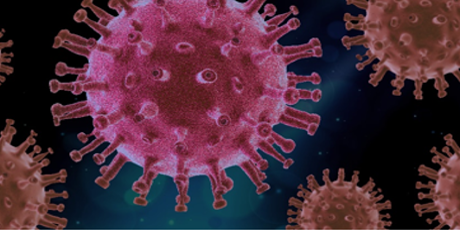Biodiversity loss, emerging pathogens and human health risks 25 Sep 2020

Outbreaks of emerging infectious diseases are occurring with increasing frequency and consequences, including wildlife diseases and zoonoses. Those have potentially long-lasting effects on human and wildlife populations, with inevitable direct and indirect effects on ecosystems. The intensifying emergence of infectious pathogens has many underlying reasons, all driven by the growing anthropogenic impact on nature. Intensifying pathogen emergence can be attributed to climate change, biodiversity loss, habitat degradation, and an increasing rate of wildlife–human contacts. All of these are caused by synergies between persisting intense poverty and a growing human population. Improved global management of the human-driven biological degradation and international dispersal processes that exacerbate those pandemic threats are now long overdue. It is vital that we act decisively in the aftermath of the COVID-19 crisis to radically change how we collectively manage the planet as a whole.
In this recent publication from Prof Gerry Killeen, AXA Research Chair and Researcher in the ERI and the UCC School of BEES, the chain of events that links human activity and the emergence of pandemics such as COVID-19 is clearly outlined in a persuasive argument for improved curation of our planet.
You can read the full publication here:
https://link.springer.com/article/10.1007/s10531-020-02021-6